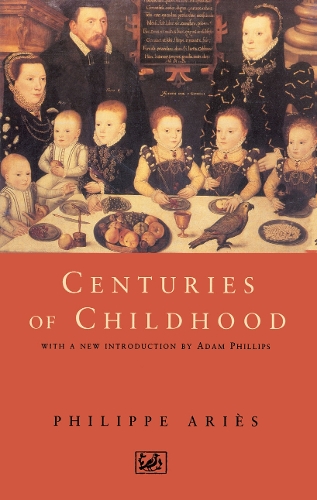
Centuries Of Childhood
(Paperback)
Publishing Details
Centuries Of Childhood
By (Author) Philippe Aries
Vintage
Pimlico
23rd August 1996
4th July 1996
United Kingdom
Classifications
General
Non Fiction
Age groups: adolescents
Social and cultural history
305.2309
Physical Properties
Paperback
416
Width 138mm, Height 216mm, Spine 28mm
448g
Description
In this book, Aries surveys children and their place in family life from the Middle Ages to the end of the 18th century. The first section of the book explores the gradual change from the medieval attitude to children, looked upon as small adults as soon as they were past infancy, to the 17th and 18th century awareness of the child as the focal point of family life. Aries goes on to examine the schooling of children and the development of modern educational methods. In the second section, he describes the metamophosis of the family: at first the family was a unit in which everything was open and public and children mingled with adults in the social life of the community; eventually the family became a closed or private society, within which children had a unique and important status.
Reviews
If this is a book - indeed the book - about the history of childhood, it is also a book about how things, like childhood, or the family, come to seem important: worth talking about, or writing about, or painting... Centuries of Childhood shows us, in vivid and dramatic detail, why the past is never finished - that we can never get over it because it is never over. * Adam Phillips *
Author Bio
Philippe Aries was born in Blois in 1914. He studies at the Sorbonne and later became an expert on tropical agriculture. This he found only modestly absorbing and consequently took up historical research, describing his experiences in this area, in his autobiography, Un historien du dimanche. His first interest was in demography, the starting point for his book, Centuries of Childhood and for an earlier work Histoire des populations francaises. His later and more controversial works, focusing on the subject of death, include Western Attitudes Towards Death and The Hour of Our Death. All Aries' books are outstanding examples of the discoveries which historians can make when they decide to concentrate on what Balzac claimed should be the province of the novel- that of writing the history of manners and of man's perception of himself. Phillipe Aries died in February 1984.
